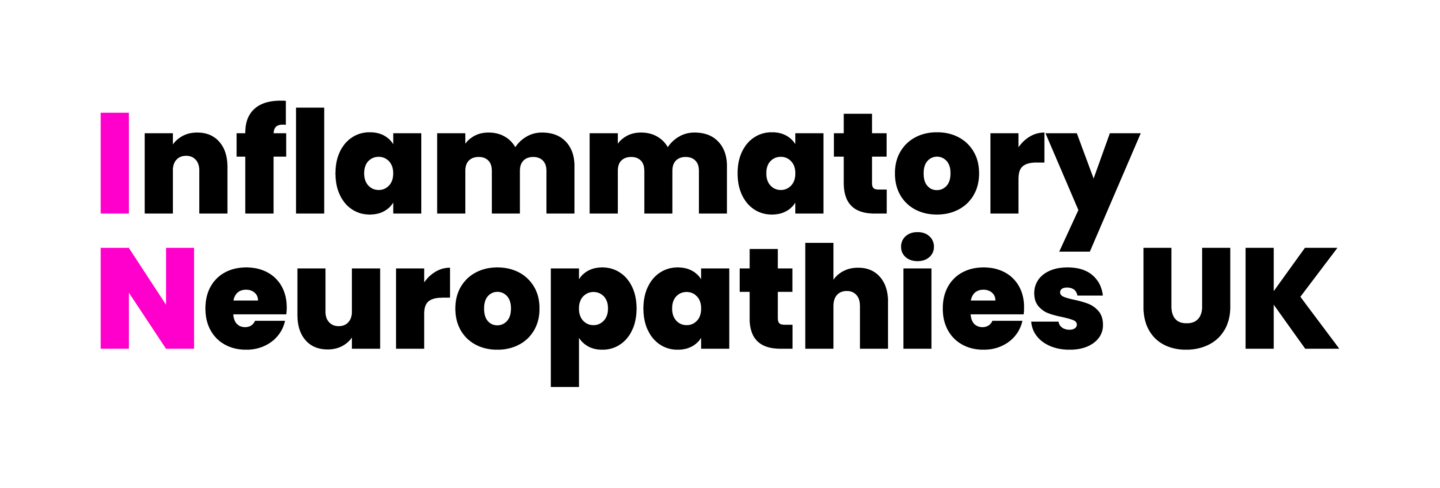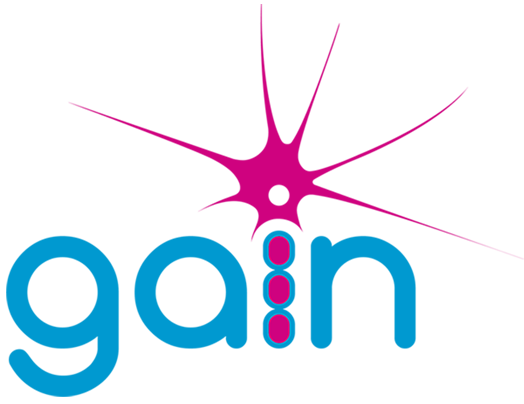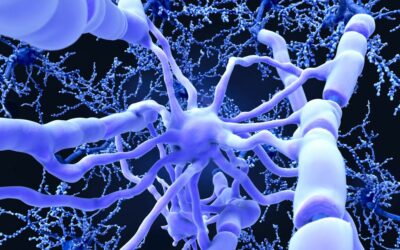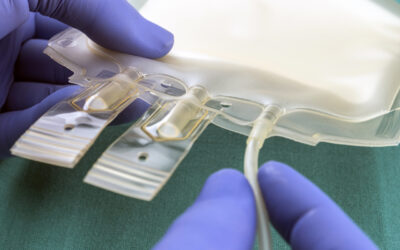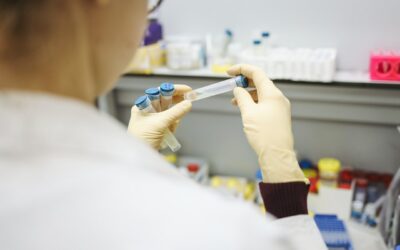Prior to 2021, plasma collected in the UK was banned for use in the production of fractionated plasma derived medicines (e.g., immunoglobulins, albumins, coagulation factors), as a safety measure following the 1998 outbreak of ‘mad cow disease’. Due to the ban, 100% of the immunoglobulin (Ig) used in England is imported and c.80% is manufactured from US plasma.In 2021, the UK Government lifted this ban. Furthermore, the Medicines and Healthcare products Regulatory Agency (MHRA) approved UK plasma for the manufacture of immunoglobulin. This presented the UK with an opportunity to establish domestic plasma collection and achieve partial self-sufficiency in the production of Ig.
UK Plasma Vision
To realise this vision, the Government has charged NHS England with selecting a supplier to provide fractionation services for England. The organisation will oversee the process of fractionation of UK donations, where UK blood plasma will be separated into its different components to produce medicines such as immunoglobulins.
NHS England is undertaking this procurement process, with the support of the Government, NHS Blood and Transplant (NHSBT) and the Devolved Administrations for Northern Ireland, Scotland and Wales.
The NHS in England has infrastructure in place through NHSBT to collect plasma, via whole blood donations or plasmapheresis, which will enable England to build particle self-sufficiency in plasma derived medicines. Similarly, the Devolved Administrations propose to utilise their respective blood collection services to collect plasma.
NHSBT has already collected thousands of litres of source and recovered plasma during 2021/22 and plans to collect more than 200,000 litres during 2022/23. NHSBT are encouraging people to continue donating plasma to support this vision.
Fractionation Procurement
As medicinal products derived from domestic UK plasma have not been manufactured for more than 20 years, this fractionation procurement exercise is the UK’s first pilot project to achieve partial self-sufficiency for plasma derived medicinal products.
Between August 2021 and January 2022 NHS England, in conjunction with NHSBT, gathered information and feedback from the plasma fractionation market, as recognised experts, to help inform the procurement for fractionation services using domestic plasma.
Using the information gathered, a procurement exercise was launched with a number of key requirements for bidding fractionators.
Following the evaluation of the fractionation procurement bids, NHS England intends to select a primary fractionator and reserve fractionator to proceed with the procurement. It is anticipated that it may take up to 12 months to mobilise the preferred fractionator, which is expected to commence in 2023.
